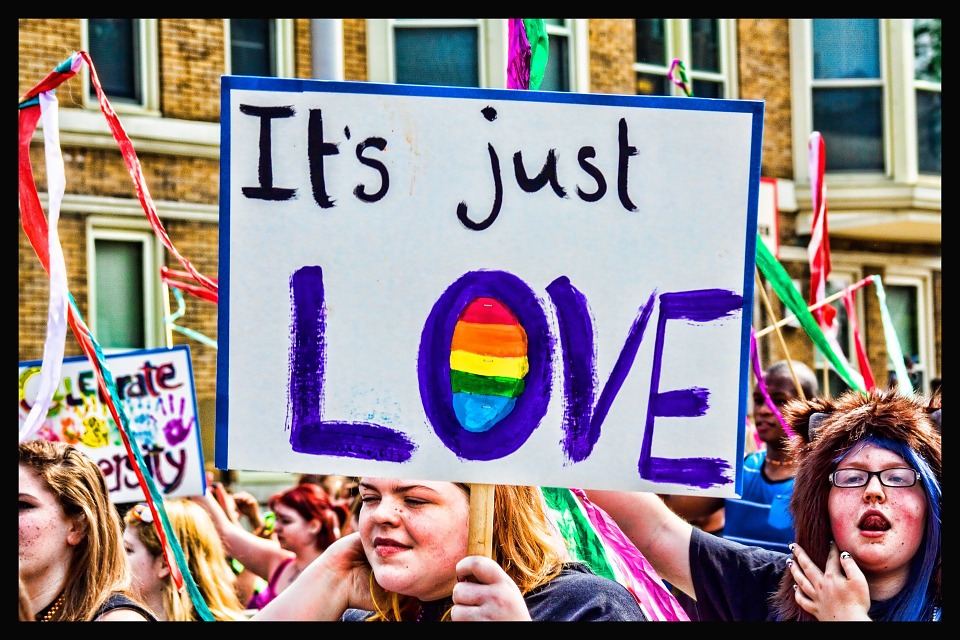To victims of the newest surge in legislative bigotry directed toward the LGBT community, the recent drumbeat of discrimination must sound deafening. From the Southeast to the Midwest, wave after wave of anti-gay prejudice has crashed onto the steps of state capitols, eroding the rights of some of our most vulnerable citizens. Cloaked under the guise of “religious liberty,” politicians in Mississippi, Texas, North Carolina and other states have begun to dismantle LGBT access to basic social infrastructure. By restricting use of mental health care, restrooms and even the goods of private businesses, conservative lawmakers have ridden the electoral tide of “family values” to control 60 percent of state legislatures, leaving behind a trail of punitive and narrow-minded regulations in their wake. But while this growing chorus of intolerance may shout thunderously enough to drown out many individual voices of dissent, there is one collective voice, as evidenced in Arizona, that speaks even louder: money.
In February 2014, then-Arizona Gov. Jan Brewer vetoed state Senate Bill 1062, ending weeks of festering arguments in the Grand Canyon State. The bill, which would have allowed independent, privately owned businesses to deny service to same-sex couples because of religious convictions, served as the bane of Arizona’s liberal advocates, who viewed the act as the state’s most blatant civil-liberties violation since racial segregation.
Brewer explained that “the bill has the potential to create more problems than it purports to solve” and “could divide Arizona in ways we cannot even imagine and no one would ever want.” Many greeted her decision with relief after narrowly avoiding a relapse to the discriminatory policies of the previous century. Unfortunately, despite her eventual support, this decision only reflected the state’s economic interests, not the governor’s social agenda.
Brewer, a staunch conservative, had previously neglected the interests of the LGBT community, most notably in her opposition to same-sex marriage. But, after the authorization of what Alessandra Soler, executive director of the American Civil Liberties Union of Arizona, called “a disgraceful law,” corporate powerhouses Apple, American Airlines, AT&T and Intel publicly voiced their disapproval, threatening economic disinvestment. The NFL even looked into relocating the 2015 Super Bowl from the state if the controversial law took effect. These actions, coupled with the threats of major boycotts and class-action lawsuits by prominent LGBT advocates such as Dan Savage and George Takei, forced the governor to either publicly condemn the bill or face the enormous resulting financial backlash.
Unsurprisingly, after a painstaking week of debate, she eventually sided with her state’s economy, not her conservative principles. This blueprint for social and economic pressure has since weakened anti-LGBT legislation in Indiana and is currently increasing stress on North Carolina Gov. Pat McCrory to veto a bill banning anti-discrimination protections based on sexual orientation. In a deliciously ironic twist, the same bigoted wedge issues that conservative leaders have long used to divide and conquer are now unifying a national economic resistance movement.
Reuven Bank is a freshman enrolled in letters and sciences. He can be reached at rbanksdbk@gmail.com.



